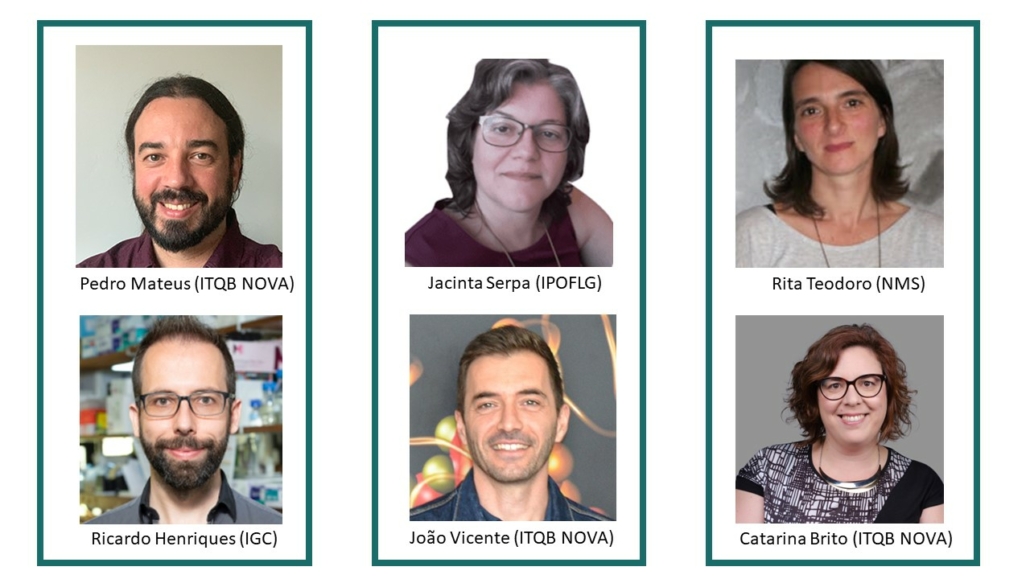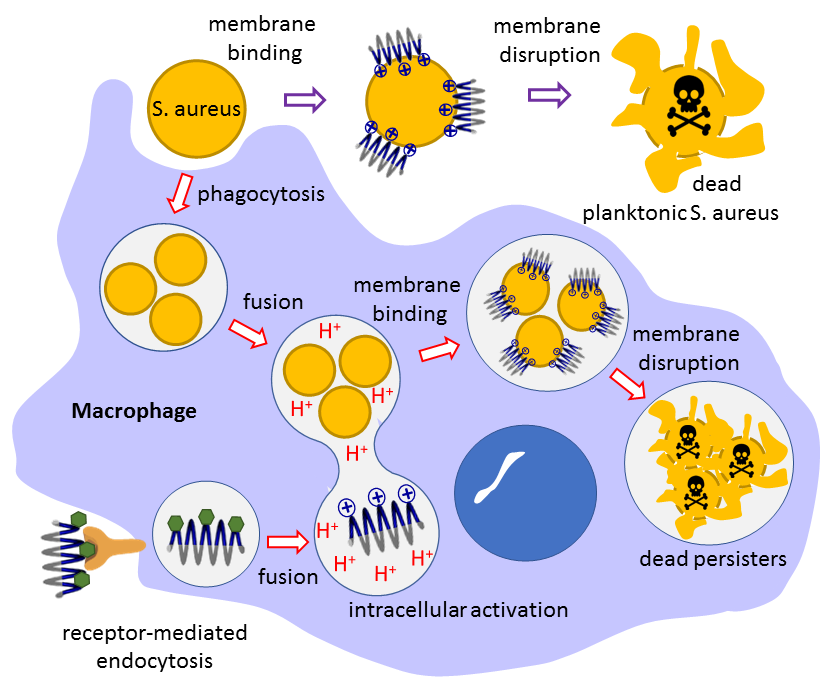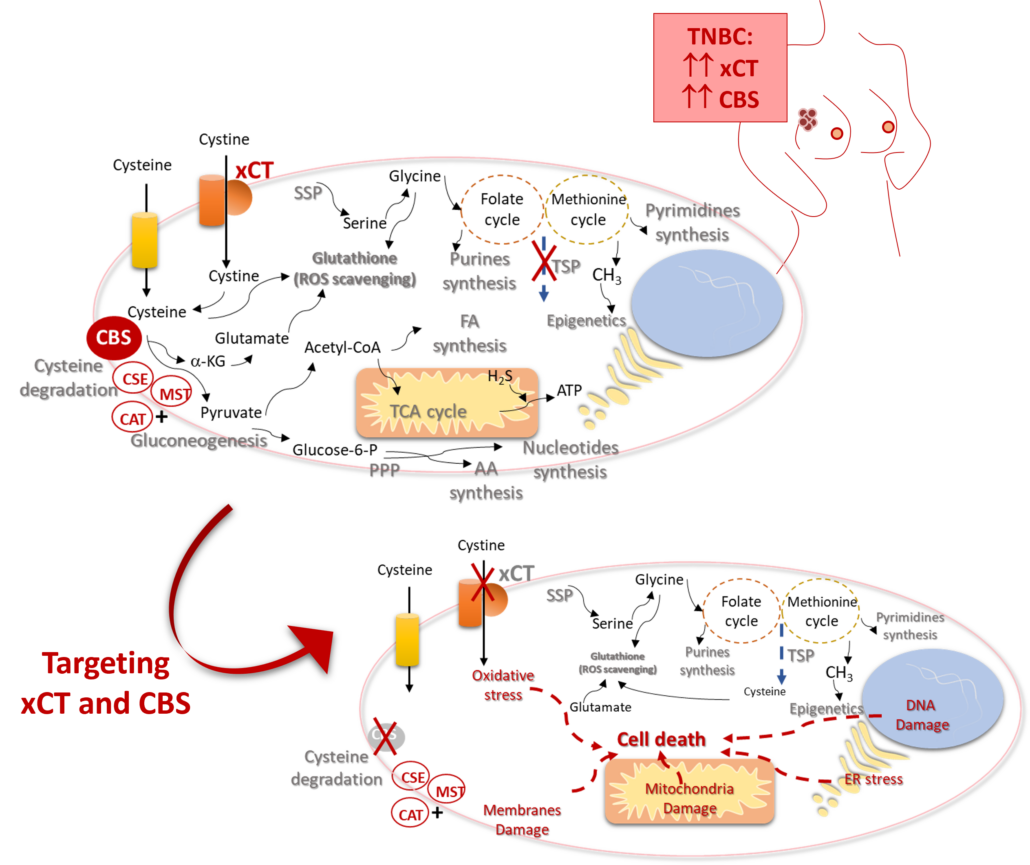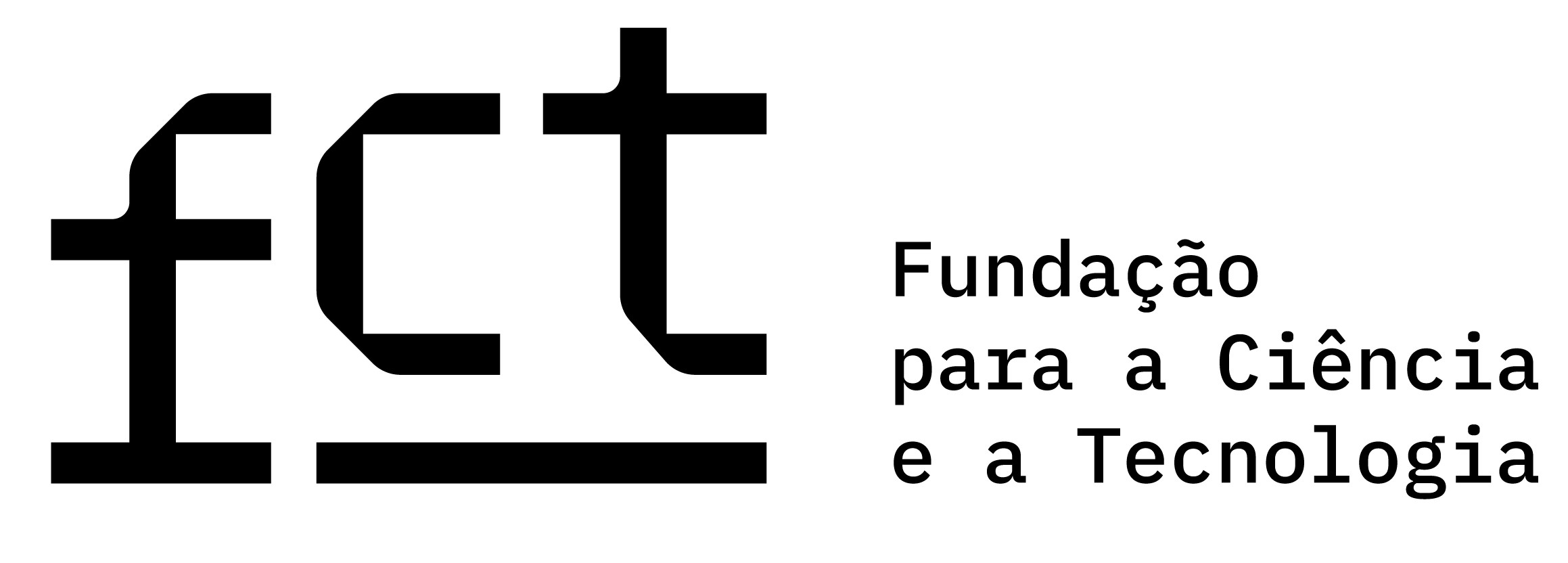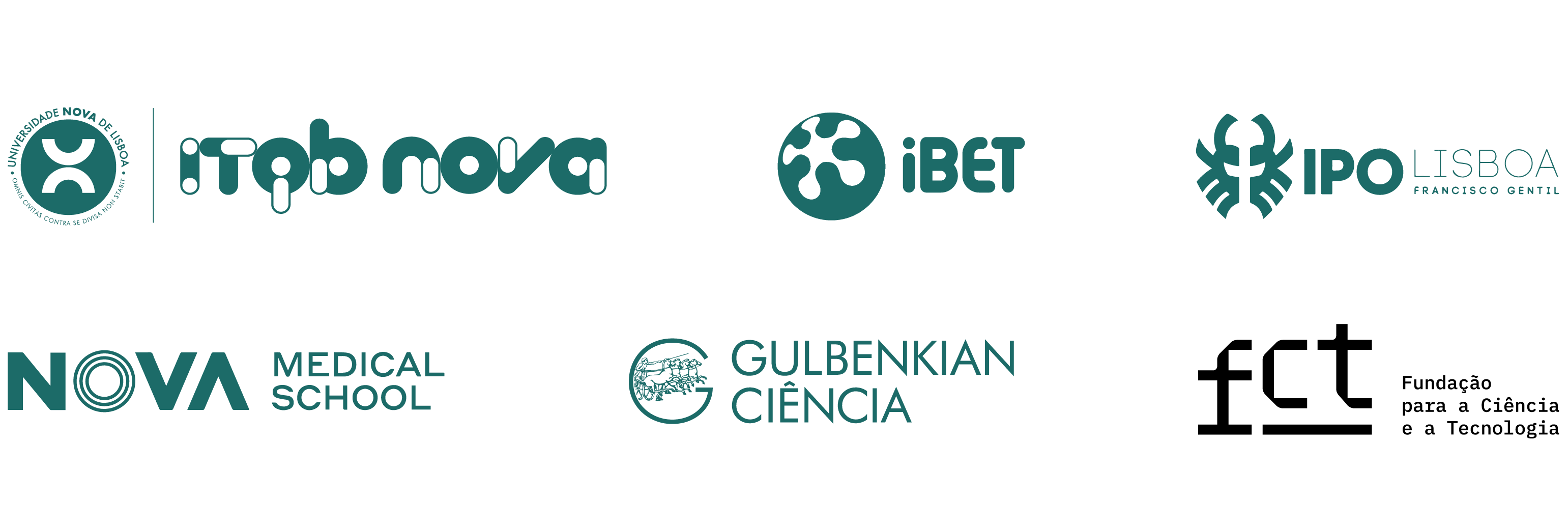Seed Funding – Pathway to larger grants awards 3 LS4FUTURE collaborative teams
With a novel initiative to boost collaboration and the international competitiveness of our community, LS4FUTURE is pleased to announce the awardees of the LS4FUTURE Seed Funding – Pathway to larger grants.
The main objective of this pilot internal competitive call is to foster collaboration among partner institutions and enhance team preparedness for international funding applications. The call was open to multi-institutional teams of LS4FUTURE principal investigators. The scheme allocates up to €20K and aims to leverage applications for larger collaborative international grants. Therefore, projects within this initiative are expected to focus on the establishment of consortia, creation of required conditions, or the generation of pilot data.
On this first round, the competition was high as the scheme received 10 outstanding applications from teams of applicants from all partner institutions. Proposals were reviewed by a panel of 5 prestigious external experts and selected with the support of representative reviewers of the 5 partner institutions. Three projects selected for award are:
The project “SYNAPSES_3D: intercellular interactions and microenvironments during synapse formation”, led by Rita Teodoro (NMS) in collaboration with Catarina Brito (ITQB NOVA), intends to explore how the synaptic microenvironment affects neuronal remodeling and architecture. By combining their expertise in Drosophila molecular neuroscience and human neurospheroid models these researchers will investigate mechanisms that promote neuronal complexity and function in health and disease.
The project “Cysteine metabolism players, xCT and CBS, as markers and targets in TNBC” lead by Jacinta Serpa (IPOFLG) in collaboration with João Vicente (ITQB NOVA), Cristina Albuquerque e Saudade André (IPOFLG), intends to study the role of these proteins as markers and targets in triple-negative breast cancer, a type of breast cancer that presents worse prognosis.
The project “Quinoline-Derived Foldamers: A novel approach to combat antibiotic multiresistant and persistent bacterial infections” lead by Pedro Mateus (ITQB NOVA), in collaboration with Ricardo Henriques (IGC) and Pedro Matos Pereira (ITQB NOVA), aims to examine the antimicrobial activity of quinoline-derived foldamers, a timely and novel approach that could help tackle antimicrobial resistance.
We wish these teams the best of luck in their research and look forward to the outcome of their application to a larger international call.

